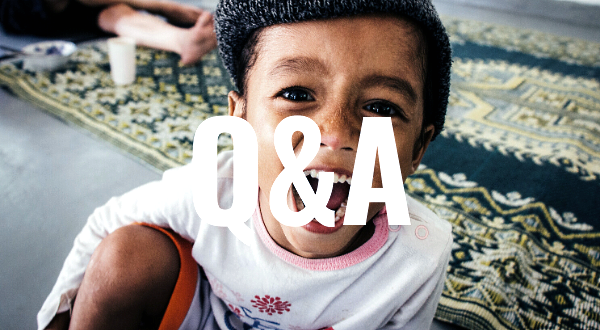
Question: How can I acquaint my twelve-year-old with the need for responsible behavior throughout his life? He is desperately in need of this understanding.
Answer: One important objective during the pre-adolescent period is to teach the child that actions have inevitable consequences. One of the most serious casualties in a permissive society is the failure to connect those two factors, behavior and consequences. A three-year-old child screams insults at his mother, but Mum stands blinking her eyes in confusion. A Standard One child defies his teacher, but the school makes allowances for his age and takes no action. A ten-year-old is caught stealing sweets in a store but is released to the recognizance of her parent. A fifteen-year-old sneaks the keys to the family car, but her father pays the fine when she is arrested. A seventeen-year-old drives his new car like a maniac, and his parents pay for the repairs when he wraps it round a telephone pole. All through childhood, loving parents seem determined to intervene between behavior and consequences, breaking the connection and preventing the valuable learning that could and should have occurred.
Thus, it is possible for a young man or woman to enter adult life not really knowing that life "bites" – that every move we make directly affects our future – and that irresponsible behavior eventually produces sorrow and pain. Such a person secures his first job and arrives late for work three times during the first week. Later, when he is fired in an exchange of angry words, he becomes bitter and frustrated. It was the first time in his life that Mum and Dad couldn’t come running to rescue him from the unpleasant consequences. (Unfortunately, many parents still try to bail out the grown children even when they are in their twenties and live away from home.) What is the result? This over-protection produces emotional cripples who often develop lasting characteristics of dependency and a kind of perpetual adolescence.
How does one connect behavior with consequences? By being willing to let the child experience a reasonable amount of pain or inconvenience when he behaves irresponsibly. When John misses the school bus through his own dawdling, let him walk half a kilometer or two and enter school in mid-morning (unless safety factors prevent this). If Jane carelessly loses her pocket money, let her skip a meal. Obviously, it is possible to carry this principle too far, being harsh and inflexible with an immature child. But the best approach is to expect boys and girls to carry the responsibility that is appropriate for their age and occasionally to taste the bitter fruit that irresponsibility bears. In so doing, behavior is wedded to consequences, just like in real life.
This article was published with permission from Focus on the Family Malaysia.
If you liked this article and would like to go deeper, we have some helpful resources at family.org.my.
FOCUS ON THE FAMILY MALAYSIA
6-2 Jalan Bersatu 13/4
46200 Petaling Jaya
Tel: +603-7954 7920
e-mail: [email protected]
URL: www.family.org.my
Facebook [focusonthefamilymalaysia]
Twitter [familiesMY]
ADVERTISEMENT
ADVERTISEMENT


































